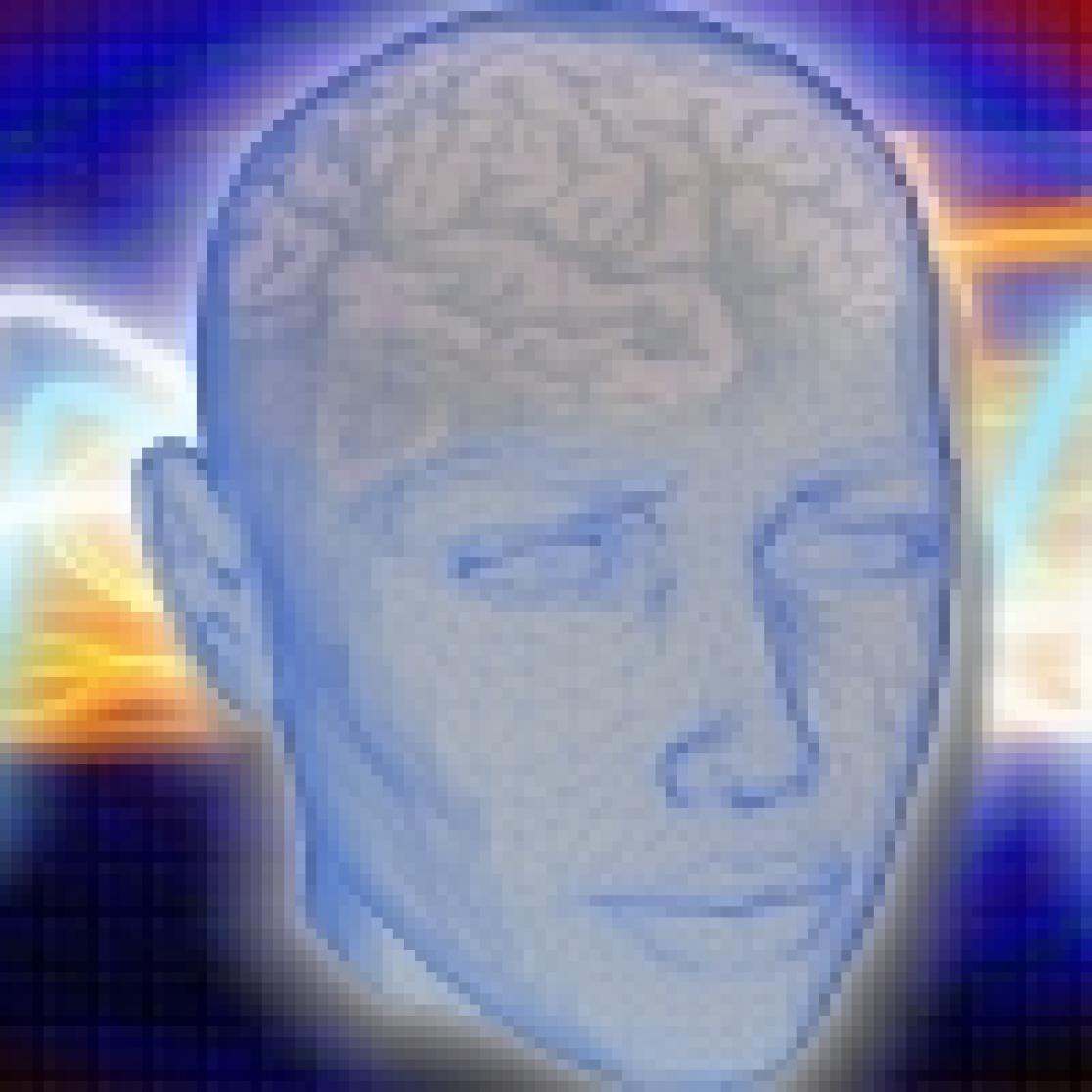LACS Board and Research meeting
Research Network for Law and Cognitive Sciences
Introduction
In December 2017 some members of the Law Faculty of Maastricht University together with colleagues from the Jagiellonian University in Krakow (Poland) took the initiative to found the Research Network for Law and the Cognitive Sciences (LACS). Its main mission is to explore, in an interdisciplinary way, the potential relevance of the cognitive sciences for the field of law. The rise of the cognitive sciences in general, and cognitive neuroscience in particular, raises new questions and concerns that are of great importance for both legal theory and practice.
Central to many of these questions and concerns lies the fundamental issue of how to understand, explain and relate the different legal and scientific images of a human being. On one hand, the law accepts to a large extent a folk-psychological view of human beings as free, rational, and responsible persons. On the other hand, the dominant scientific view of human beings is that of complex bio-physical systems, the cognitive and behavioural processes supervene on physico-chemical processes which in turn are subject to natural laws. Moreover, this scientific view invites the consideration of a legal treatment of other ‘intelligent’ physical systems analogous to the treatment of human beings.
The seeming conflict between the two images of humanity demands for a critical reflection, not only on the foundations and practices of the law, but also on the basic presuppositions that underlie the cognitive sciences and the societal implications of these sciences.
The purpose of the Network for Law and the Cognitive Sciences (LACS) is to:
- promote critical understanding of the possible intersections between law and the cognitive sciences, including relevant branches of philosophy;
- stimulate and conduct interdisciplinary research in the fields of law and the cognitive sciences;
- investigate and discuss new theoretical and practical developments in and around the cognitive sciences and how these may affect the law and its institutions;
- serve as a forum for cross-disciplinary dialogue on the presuppositions and argumentative patterns that underlie the different images of mankind in law and the sciences.
LACS wants to provide a similar network as offered in the United States by the MacArthur Foundation (MacArthur Foundation Research Network on Law and Neuroscience). Understandably, the focus is there on the law in the United States and by extension the common law. Although there are in Europe several research groups who deal with issues that are relevant for the mentioned questions, an attempt to bundle this research in order to facilitate cross-fertilization still seems to be lacking. LACS wants to investigate the possibilities for more cooperation and to create a counterpart for the MacArthur foundation for the European civil law tradition. However, LACS is not limited to criminal law, as the MacArthur Foundation is, but cover all fields of law including legal theory and philosophy. By bringing researchers from different disciplines and different countries together, LACS aims to lay here the foundation for European cooperation in the field of law and cognitive sciences.
The main (projected) activities are:
- organizing conferences, workshops and expert meetings;
- organizing courses and other educational activities;
- publishing the results of its activities in journal articles and books and on the internet;
- promoting its activities by means of a newsletter.
In the morning LACS will have its first formal board meeting. In the afternoon, during an informal research meeting there will be several presentations on the interdisciplinary field of law and cognitive sciences. This will also create some opportunity to explore the possibility of different working groups/research projects within LACS. All faculty members are cordially invited to participate.

|
PROGRAMME |
Board meeting |
| 09.00-09.30 | Welcome with coffee and tea |
| 09.30-12.00 | Board meeting |
|
Expert meeting |
|
| 12.00-13.15 | Lunch at restaurant Fameuse |
| 13.15-13.30 | Welcome and introduction LACS |
| 13.30-15.30 |
Session One - 4 x 20-minute presentations by attendees on their (future) research and how it may relate to LACS. (20 minutes at the end of the session for questions / discussion.) |
|
1. Pim Haselager: ‘Agency Confusions about Actions Mediated by Neurotechnology’ |
|
| 15.30-15.45 | Coffee break |
| 15.30-17.45 |
Session Two – 4 x 20-minute presentations by attendees on their (future) research and how it may relate to LACS. (20 minutes at the end of the session for questions / discussion.) |
|
1. Bartosz Brozek ‘The Importance of Cognitive Science for Future Work in Legal Epistemology’ |
|
| 17.45-18.30 |
Session Three – General discussion on possible working groups within LACS |
| 18.30-19.00 | Drinks at Café Tribunal |
| 19.15-21.15 |
Dinner (for organisers and board members) at restaurant Petit Bonheur |
Also read
-
Emerging Issues and Challenges in Privacy and Cybersecurity
This 2-day online training programme is a building block of the full Diploma Track on Privacy Management.11 Dec12 Dec -
AI and the Future of Tax Law:
Rethinking Compliance, Governance, and Legal Design (online) This conference is organized by the Maastricht Centre for Taxation in cooperation with the Maastricht Law and Tech Lab. The aim of the conference is to discuss deeply the developments of AI usage in taxation and public administration, the...17 Dec18 Dec -
Conference 'United in Diversity?'
Interdisciplinary Perspectives on Mutual Recognition in European Law and Governance29 Jan30 Jan